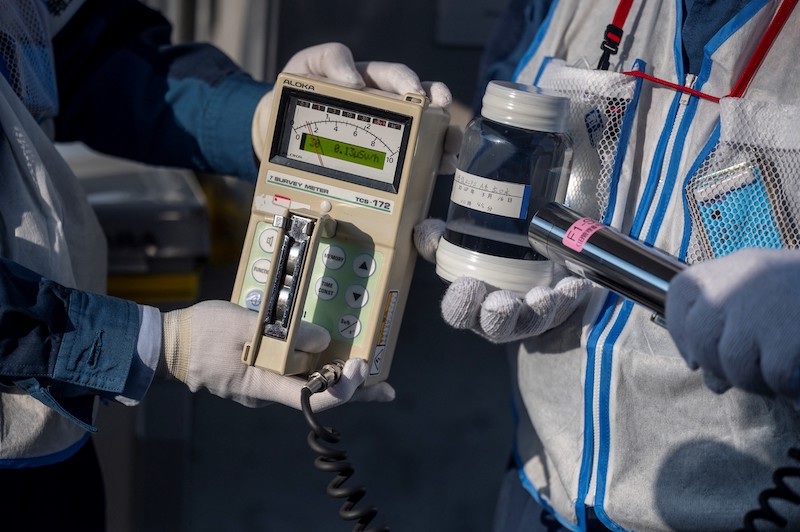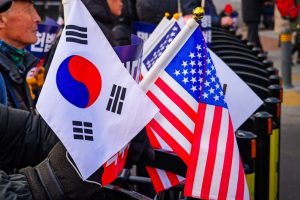Japanese authorities have granted preliminary approval for the release of irradiated water from the destroyed Fukushima nuclear power plant into the sea.
The Nuclear Regulation Authority (NRA) said there are no safety issues involved in the Tokyo Electric Power (Tepco) plan.
The NRA wants to make a decision on final approval after a one-month public comment period, an official at the NRA who deals with the issue said.
In 2021, the Japanese government approved the release of over 1 million tonnes of irradiated water from the Fukushima plant site after treatment, starting around spring 2023.
The announcement provoked concerns from local fishermen and objections from neighbouring China and South Korea.
ALSO SEE: Japan Trade Balance Widens on Record April Imports Bill
Contaminated Water At Fukushima Plant
In 2011, following a major earthquake, a 15-metre tsunami disabled the power supply of three Fukushima Daiichi reactors, causing a nuclear accident. All three cores largely melted in the first three days.
The lack of power meant the reactors in Fukushima plant could not be cooled. Emergency crews struggled to prevent the release of radioactive materials, particularly contaminated water that leaked from the three units.
Tepco plans to filter the contaminated water to remove isotopes, leaving only tritium, a radioactive isotope of hydrogen hard to separate from water.
The water will then be diluted until tritium levels fall less than 1/40th of regulatory limits, before pumping it into the sea.
Even after the NRA’s approval, Tepco, which plans to build a tunnel reaching into the sea for the operation, still needs to gain consent from local communities, including the prefectural governor and city mayors, before starting actual construction work.
NRA said it looked into the performance of equipment for diluting water with seawater, how to stop the release of water in the event of an abnormality and counter-measures against earthquakes and tsunamis.
- Reuters, with additional editing by George Russell
READ MORE:
Japan to Restart Nuclear Reactors to Avoid Russian Gas
China Steps Up Nuclear Buildup as US Conflict Fears Grow – WSJ
Asia Stocks Sink As Nuclear Plant Fire Fuels Ukraine Fears
























